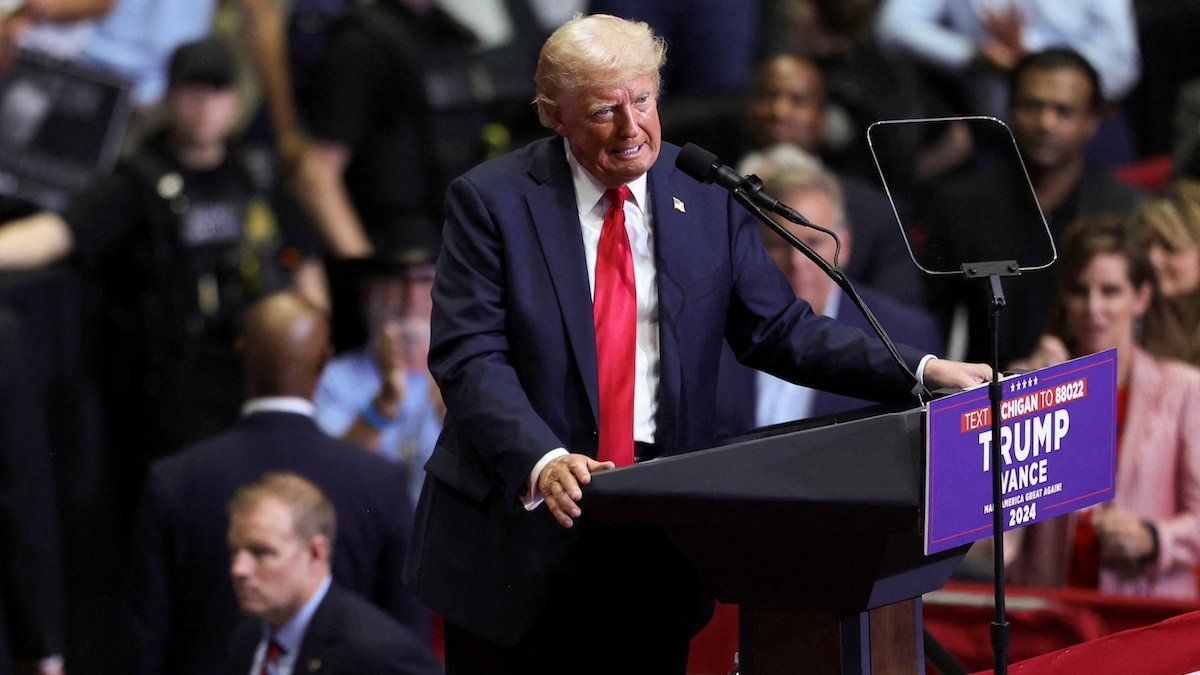President Joe Biden’s decision to drop out of the race has spurred a crescendo of calls from Republicans for him to resign from the White House immediately, arguing that if he is too old to run, he is too old to serve until his term ends in January.
Biden won’t make decisions based on the opposing party, and any effort to force him out of office or protest whoever replaces him as the nominee would be an uphill legal battle, but the GOP will continue to try to capitalize on the chaos.
“The Democrats can pick who they want,” says Eurasia Group’s US director Clayton Allen, “but you could see some astroturfed efforts to push back on the new nominee,” by claiming that the switch is unlawful and fueling Republican fears that the Democrats are not playing by the rules.
This is bad news for the Trump Campaign, which hasn’t been focused on beating just any Democrat but has been sharply focused on defeating Biden by capitalizing on his perceived frailty to cast Trump as the stronger man for the job.
The decision also comes after the Republican National Convention, robbing them of critical air time to attack whoever becomes their new opponent. They are likely scrambling to recreate a campaign strategy focused onVice President Kamala Harris, who Biden endorsed to take his place as the party’s nominee. The GOP has already released an attack ad pinning the blame for Biden’s handling of the border and the economy on Harris.